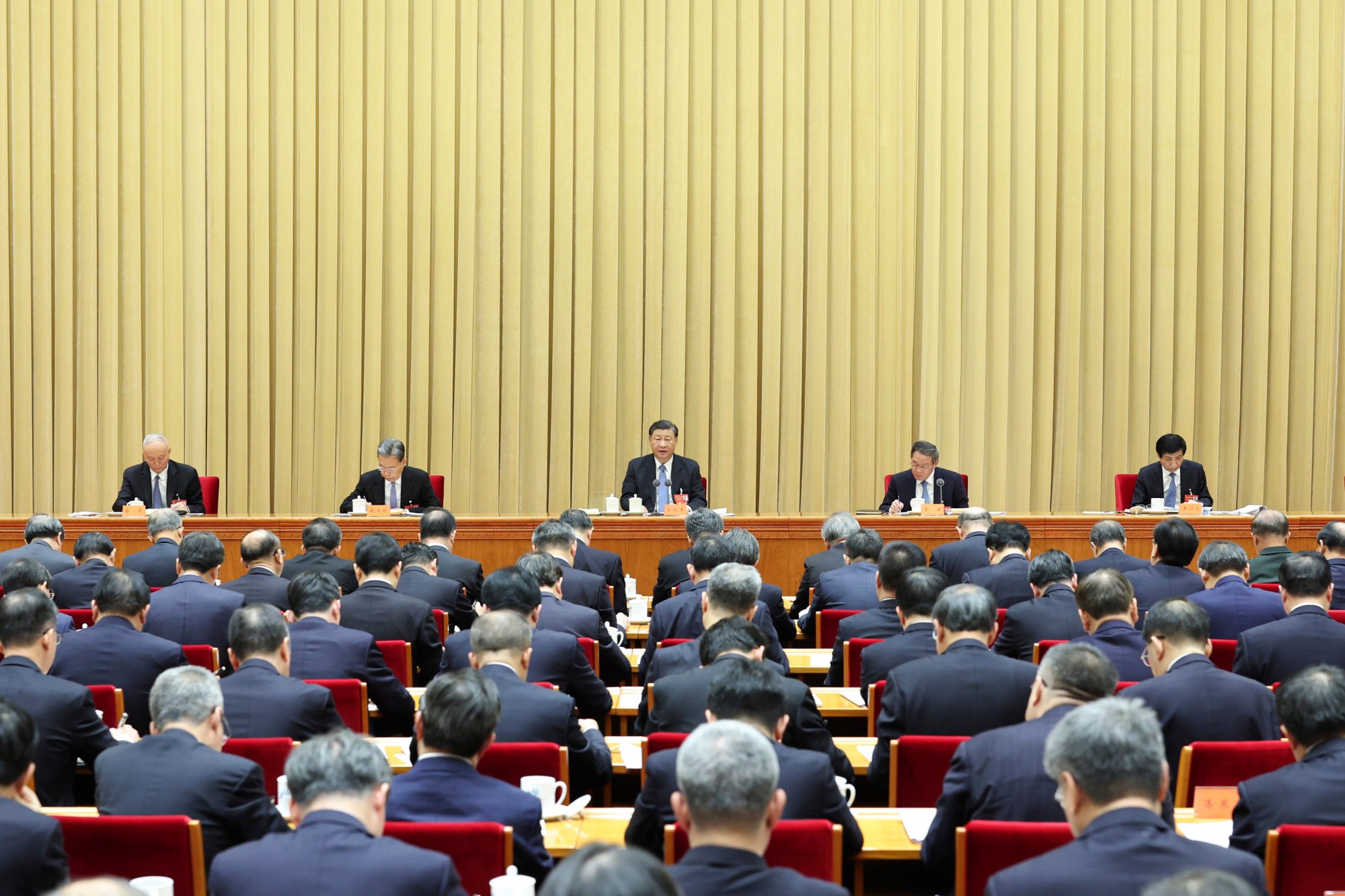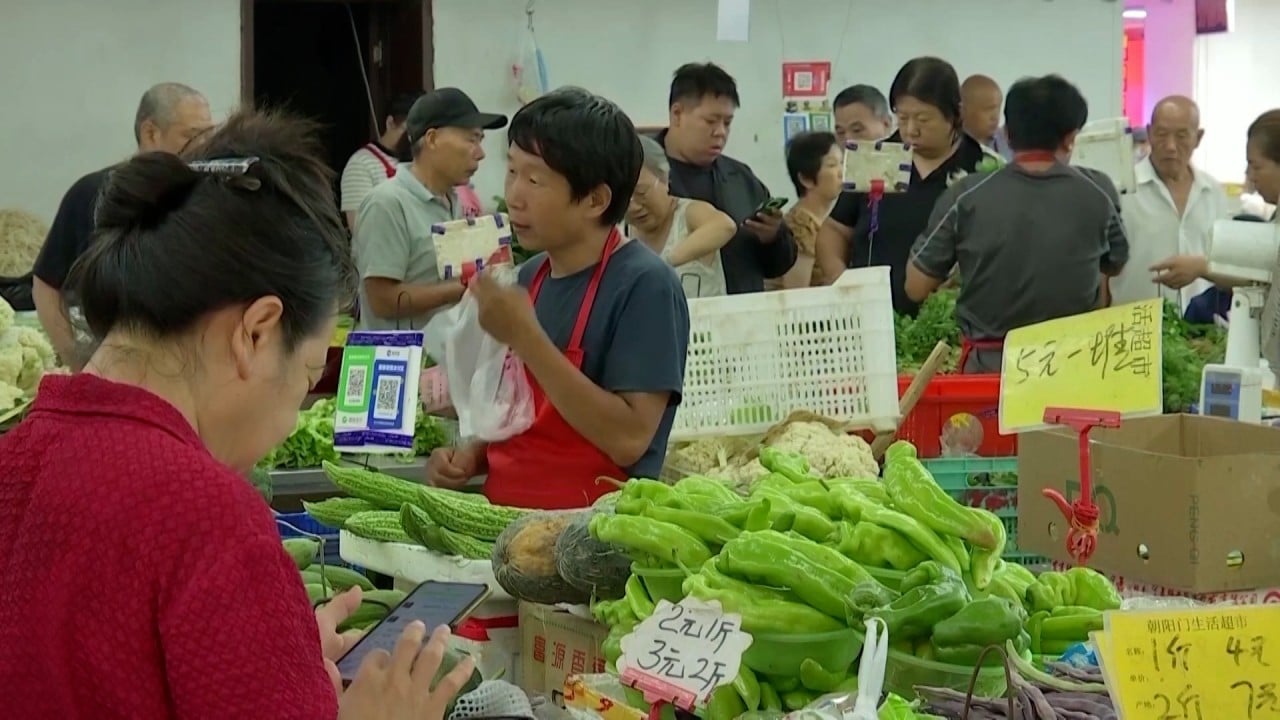
How can China’s economic confidence recover amid confusion and censorship?
- Those deciphering the readout of the latest central economic work conference could be forgiven for being confused about how Beijing will revive the economy
- It’s no wonder confidence is slow to recover, given the vague government messaging and efforts to silence critical commentary
But many people seem unable to tell what that phrase really means. What is the “new” they want to establish and what is the “old” they want to abolish? Even the Xinhua editors responsible for English translation of the phrase and who are familiar with the thinking of the leadership don’t appear to be sure.
In the English readout from the Communist Party’s Politburo meeting on December 8, Xinhua translated the phrase into “prioritising development before addressing problems”. But the English version of the work conference statement included the translation “establishing the new before abolishing the old”.
From outer space to seven seas, China’s 6 big economic priorities for 2024
“Establishing the new before abolishing the old” is not the only wording that has left people confused; an even more puzzling phrase was included in the work conference statement. In the paragraph focusing on strengthening the consistency of macroeconomic orientation, the statement said that efforts must be made to “include non-economic policies in the assessment of macroeconomic policy consistency to ensure that the policies form synergy”.

The Paper, a digital newspaper published by the Shanghai municipal government, said in an editorial on Wednesday that the phrase apparently referred to the fact the growth of the non-state sector has been hampered by regulatory and administrative actions in environmental protection, firefighting, education, labour, safety and natural resources. Many of those measures are “non-economic policies”, which adversely affect the sentiment of the private sector.
“Urging stronger confidence” has become another buzzword. How is China meant to achieve that? Evidently, more efforts should be made to “strengthen economic propaganda and public opinion guidance, and promote a positive narrative about the bright prospects for the Chinese economy”.
One Hong-Kong-based fund manager told me that when sales people from Chinese brokers come to meet him, they first flash PowerPoint presentations on the bright prospects of the Chinese economy. After the presentation, they go on to share what they really think.
Wang Xiangwei is a former editor-in-chief of the South China Morning Post. He now teaches journalism at Baptist University


